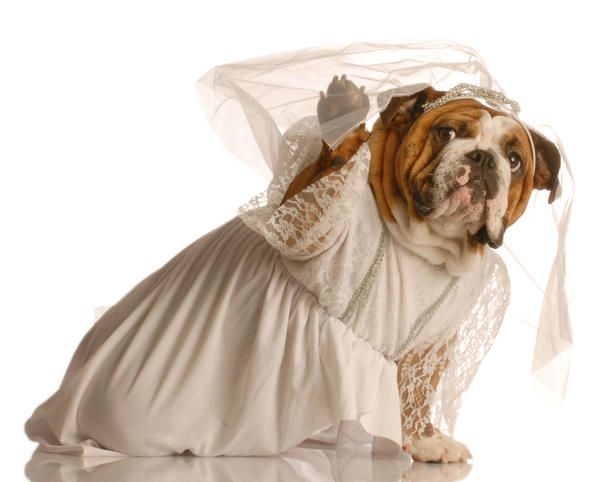Avoid people who don’t care what they do to you.
Picture a large, ugly, brutish ogre who frequently pummels people over the head with a club. More than likely, he’ll be catered to because doing so will make things a trillion times more pleasant than the alternative. Standing up to him will have the same effect as throwing gasoline on a roaring fire. Better to shrink down and become docile than incur greater fury.
Not all bullies look like ogres. Some are pretty. Alan’s girlfriend, Vicky, fits that description, and yes, her hot-headed tirades trigger an impulse to appease.
“I have to watch what I say around her,” he said. “She’s quick to take offense.”
So Alan treads cautiously, taking care not to ripple the pond.
This inclination to avoid making waves is exactly where bullies get their power. Defusing that power involves overriding our built-in response to fear—our natural impulse to steer clear of trouble.
The automatic flight or fight response, writes Albert J. Bernstein, Ph.D., author of Emotional Vampires, was necessary for our primitive ancestors. “Without it, they wouldn’t have lived long enough to become our ancestors,” he said. To assure survival, the rules were plain and simple: “If the danger is smaller than you, kill it and eat it. If it’s bigger, run away before it eats you.”
According to Bernstein, bullies take full advantage of this instinctual fear response. So it’s understandable why bullies would use intimidation, aggression and anger as tools to gain control over others. It works!
Bernstein points out that “When regular people get angry they distrust their own feelings and hold themselves back.” But, he continues, this isn’t true of bullies. They “lean into their anger,” using it to their utmost advantage.
Vicky believes it’s high time Alan marries her, so she’s applying pressure. Her bullying tactics aren’t always thunderous. Sometimes she tones down the anger and uses sarcasm—a subtler form of aggression. She’s also been using guilt-inducing digs. So the question weighing heavily on Alan’s mind is whether he should marry her or run away before she devours him.
In our counseling session I tried to give Alan some things to chew on.
“Do you really want to be in a relationship where you have to shrink down in order to make it work? Is ducking and placating a life you want?”
Alan shook his head. “That’s not living,” he said. “She would have to change.”
I continued, “The next question is, will she? Is she likely to?”
The odds are against it because Vicky rarely takes a good, hard look at herself in the mirror. Instead, she’s a classic blamer, pointing an accusing finger.
How can we be self-corrective if we’re not self-reflective?
If Vicky were to turn her life into a play, the cast of characters would consist of villains and she would be the victim. In her mind’s eye, she’s constantly being wronged. Consequently, she feels justified to lash out, sometimes unmercifully.
Typically, such “victims” are blind to the wounds they inflict on others. In fact, if those wounds are brought to their attention, they’re likely to respond by saying: “But look at what you did to me,” or “How do you think I felt?” So instead of heart-felt compassion, the victim becomes defensive—feeling wronged one more time.
Alan has a kind heart. Casting him as a villain is not only erroneous, it’s an insult to his innate goodness.
Defeating bullies, Bernstein points out, takes place in the arena of our own mind.
For Alan, this means he must first become convinced of his basic goodness and that he doesn’t deserve Vicky’s degrading treatment. Having mastered that, he will naturally stand up against her demeaning assaults. He won’t shrink, he won’t skirt trouble—he’ll defend his integrity head-on.
When Alan changes his dance step, Vicky will invariably be challenged to do the same. If she doesn’t, he’ll be faced with a choice, and hopefully he’ll make the right one.
Names are changed to honor client confidentiality.
(c) Salee Reese 2017

When we trust our basic goodness, we naturally display healthy boundaries and protect our innate worthiness. We don’t blink an eye at accepting poor behavior from another because it just doesn’t feel good!
Ahhh …. I like that!